All Stories
-
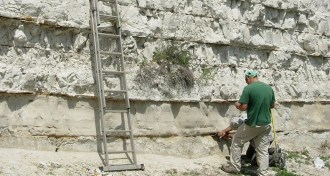 Climate
ClimateNext icy era may be on hold
Carbon emissions from humans may have postponed Earth’s next glaciation, new research suggests.
-
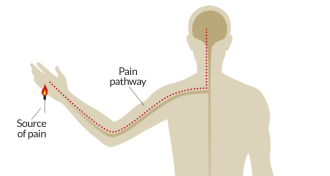 Neuroscience
NeuroscienceNo-pain gene discovered
Scientists have identified a new genetic culprit for the inability to perceive pain.
-
 Science & Society
Science & SocietyNash’s mind left a beautiful legacy
The death of game theory pioneer John Nash ends a dramatic story of genius.
-
 Science & Society
Science & SocietyHere’s what game theory says about how to win in semifinals
Game theory informs competitors facing off in a semifinal whether to go all out or save energy for the final.
By Andrew Grant -
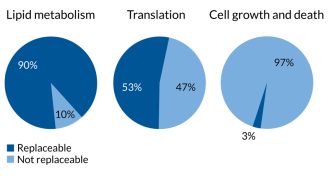 Genetics
GeneticsA billion years of evolution doesn’t change some genes
Human genes can substitute for 47 percent of essential genes in baker’s yeast, new research shows.
-
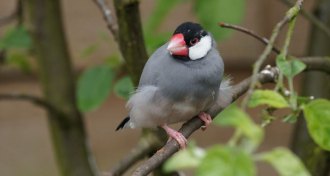 Animals
AnimalsThese birds provide their own drum beat
Male Java sparrows use bill clicks in their songs, which they learn from their dads.
-
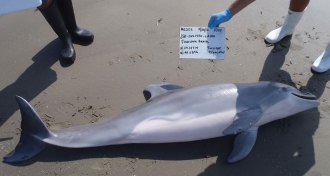 Environment
EnvironmentRising dolphin deaths linked to Deepwater Horizon spill
Lung lesions and other injuries link an extensive die-off of dolphins in the Gulf of Mexico to the 2010 Deepwater Horizon oil spill.
By Beth Mole -
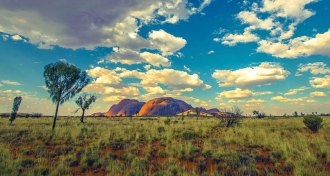 Climate
ClimateTranquil ecosystems may explain wild swings in carbon dioxide stashing
Semiarid ecosystems, such as grasslands and shrublands, are behind the large variation in the amount of atmospheric carbon dioxide sucked in by land each year.
By Beth Mole -
 Genetics
GeneticsMutations that drive cancer lurk in healthy skin
Healthy tissue carries mutations that drive cancer, samples of normal skin cells show.
-
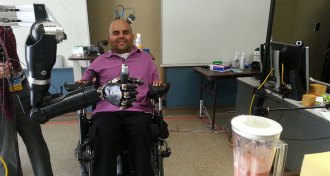 Neuroscience
NeuroscienceBrain implants let paralyzed man move robotic arm
Implanting tiny silicon chips in the action-planning part of a paralyzed man’s brain let him smoothly control a robotic limb with his thoughts.
By Meghan Rosen -
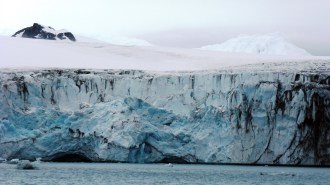 Climate
ClimateOnce-stable Antarctic glaciers are now melting rapidly
A group of glaciers in Antarctica that were once stable started rapidly melting in 2009, new research shows.
-
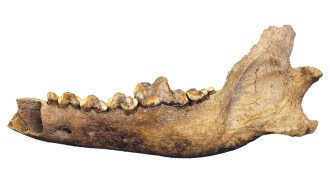 Genetics
GeneticsAncient DNA pushes back timing of the origin of dogs
DNA extracted from the fossil of an ancient wolf indicates dogs and wolves diverged longer ago than previously thought.